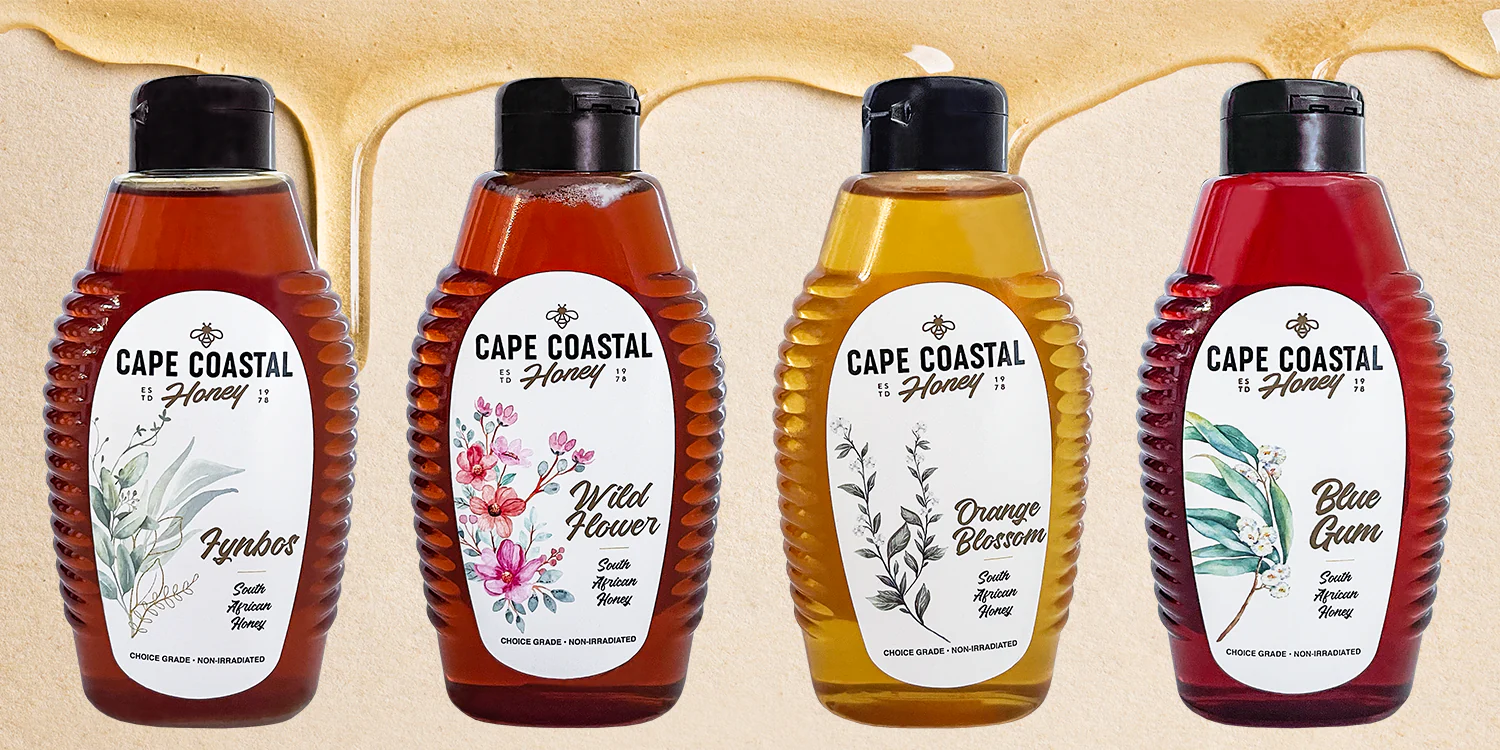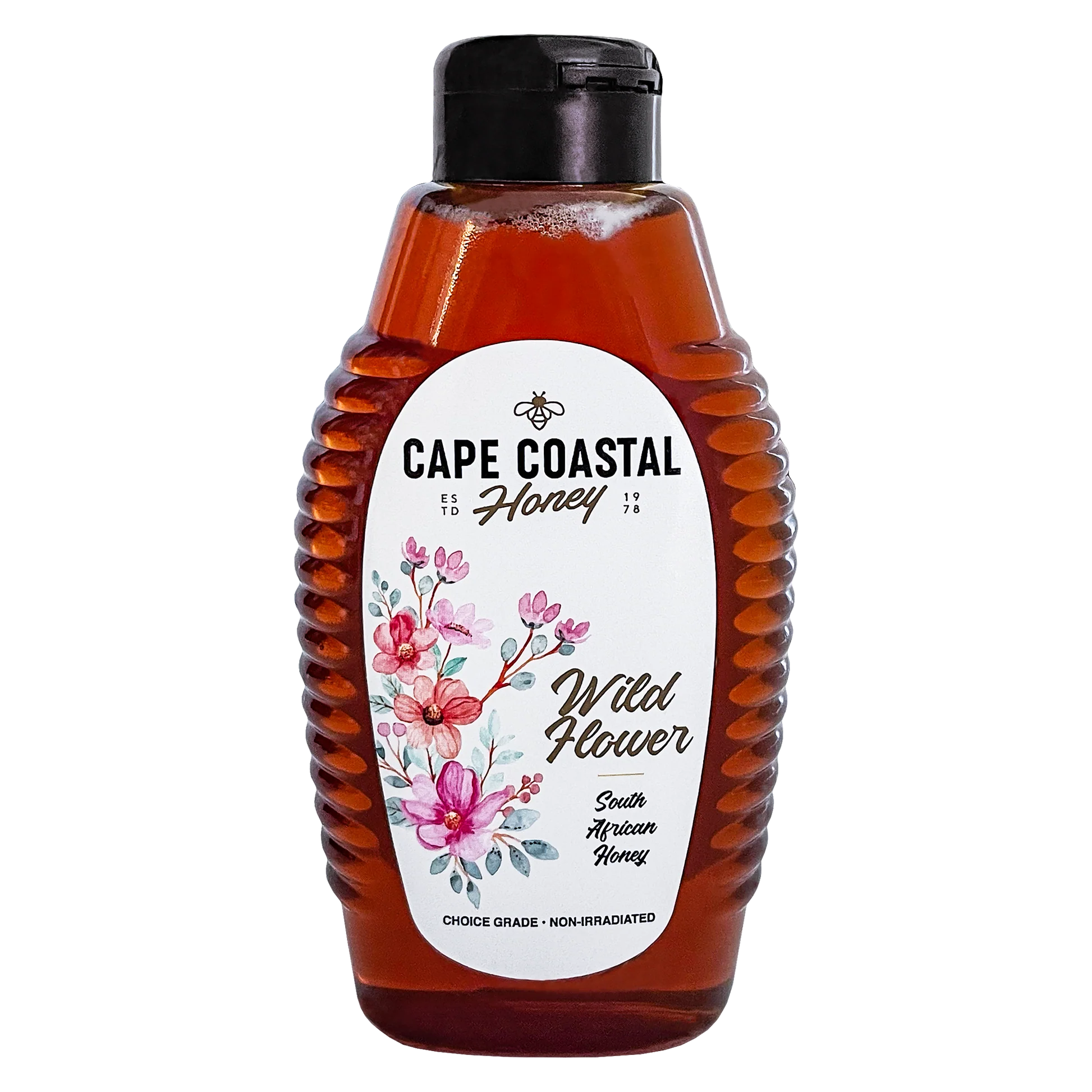How Cape Coastal Honey is building a sustainable future for bees, beekeepers and biodiversity
South Africa’s agricultural heartbeat relies on an unsung hero, the honeybee. As a keystone species, bees pollinate over 50 crops, playing a central role in biodiversity, food security and rural economies. Without them, entire ecosystems and industries would begin to unravel.
This World Bee Day, as global awareness shifts towards the critical importance of pollinators, one South African business is proving that ethical, sustainable honey production is not only possible but profitable too.
Cape Coastal Honey, a proud division of the Libstar Group, has quietly emerged as one of the country’s largest sustainable honey producers. Cape Coastal Honey is redefining how responsible agribusiness can deliver both environmental and economic returns.
A model for ethical sourcing
At the heart of Cape Coastal Honey’s business is its commitment to local farmers. The company sources 100% non-irradiated, badger-friendly honey from a growing network of beekeepers across South Africa, many of whom are supported with training in sustainable beekeeping practices.
At its processing facility in Vredenburg on the Cape’s West Coast, a wide range of multi-flora and single varieties of honey, such as orange blossom, fynbos, aloe, blue gum, wild blossom, wilde-ertjie, apple, litchi and macadamia, are processed and packaged.
Uncompromising authenticity and quality
“Maintaining the highest standards of quality is non-negotiable for us,” says Bianca Harford, Sales and Marketing at Cape Coastal Honey.
We’ve invested in cutting-edge technology within our in-house laboratory to verify the authenticity of our honey on demand. This, combined with routine testing by internationally accredited laboratories, ensures our products consistently meet the premium standards our customers expect.”

Packaging with purpose
Sustainability at Cape Coastal Honey extends beyond the hive. The business has introduced clean flake labels to improve bottle recyclability, transitioned to fully recyclable label materials, and eliminated plastic pallet wrap in favour of biodegradable alternatives.
The sweet spot between people and planet
While honey may be the product, the real story behind Cape Coastal Honey is one of systems thinking: nurturing bees to strengthen biodiversity, empowering beekeepers to grow sustainable livelihoods, and delivering products that don’t cost the earth.
In a world where pollinators face threats from habitat loss, climate change, and pesticide exposure, Cape Coastal Honey’s model offers a hopeful blueprint, proving that what’s good for bees can also be good for business.
This World Bee Day, their message is clear: protecting pollinators is not just an environmental imperative, it’s an investment in our collective future.

